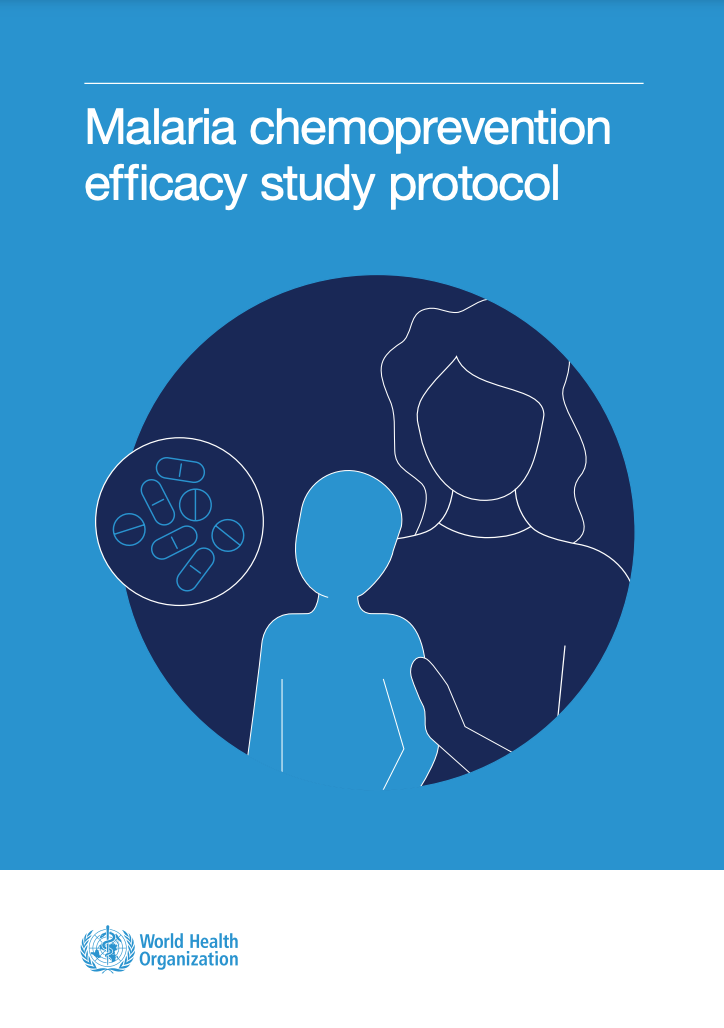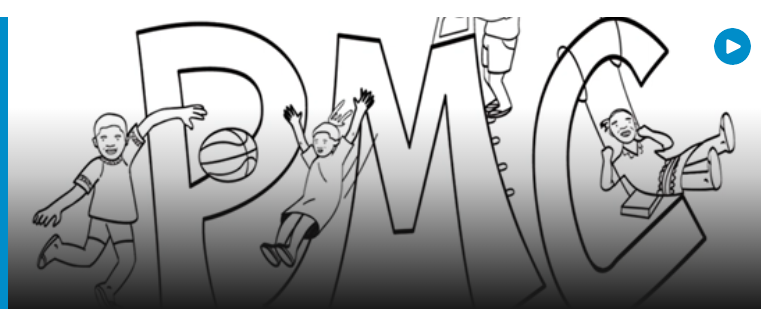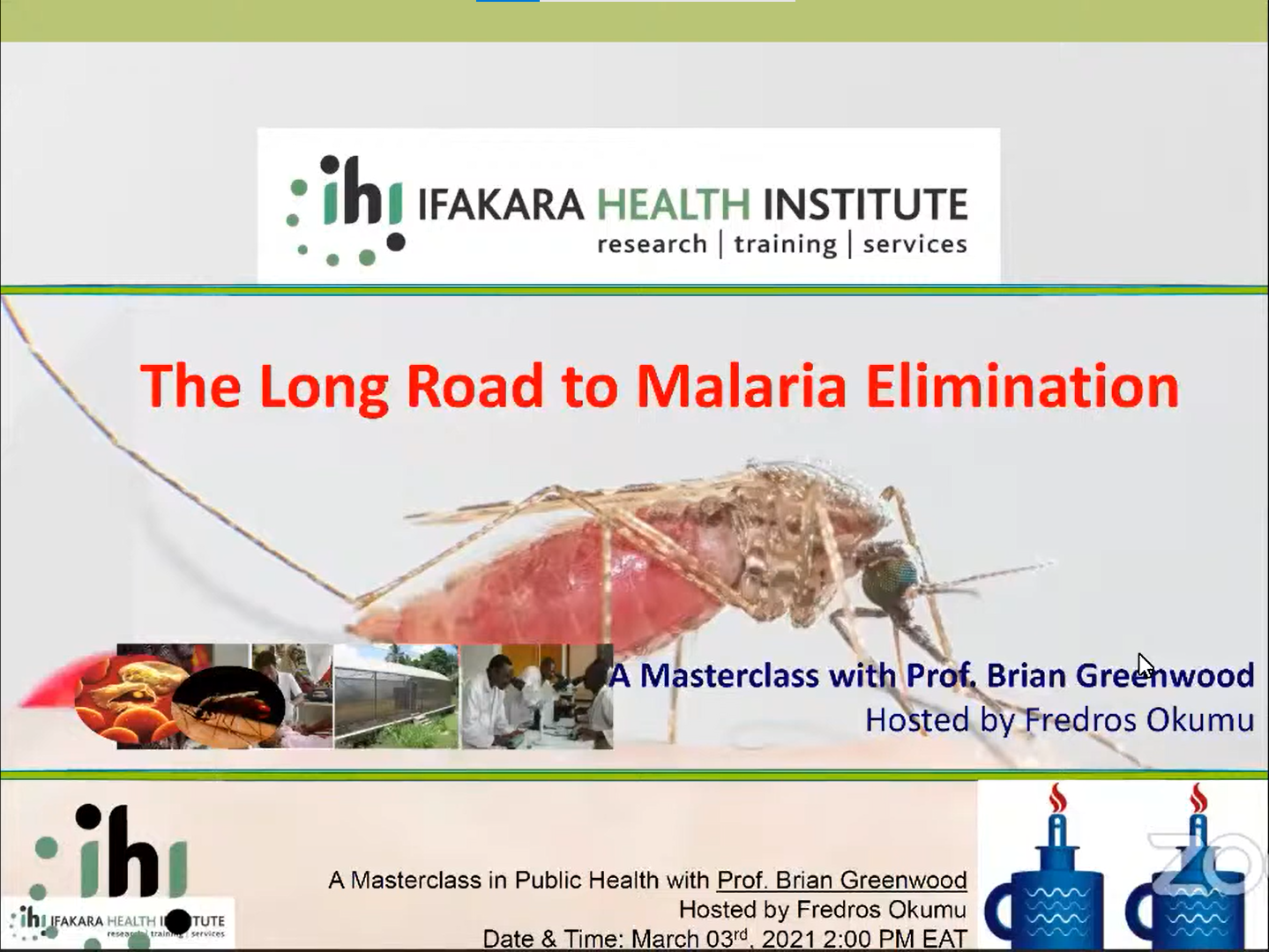Last Updated: 28/11/2024
Drug Options for Intermittent Preventive Treatment for Malaria in Infants in an Area With High Resistance to Sulfadoxine/Pyrimethamine: an Evaluation of Short and Long-acting Antimalarial Drugs (Kilimanjaro IPTi Drug Options Trial)
Objectives
The project objectives are:
- Identification of a drug that could be used safely and effectively for IPTi instead of SP in areas, such as northeastern Tanzania, where there is a high level of resistance to SP and amodiaquine.
- Determination of whether a short-acting antimalarial drug (Lapdap) is as effective as a long-acting drug (mefloquine) when used for IPTi.
- Investigation of the effect of the intensity of transmission on the requirements for a long or short-acting drug for IPTi.
- Assessment of the effect of IPTi on the development of clinical immunity in children in low and high transmission areas.
London School of Hygiene and Tropical Medicine (LSHTM), United Kingdom
Malaria and anaemia are major causes of morbidity and mortality in children in sub-Saharan Africa. Administration of three courses of sulfadoxine/pyrimethamine (SP) as intermittent preventive treatment (IPTi) to infants when they receive EPI vaccines reduced the incidence of malaria and anaemia in infants in an area with low SP resistance, low transmission pressure and high bednet use. However, it is not clear whether this observation can be generalised to areas with high transmission and high SP resistance. The mechanism of the protective effect of IPTi is unclear. There is an urgent need to identify other anti-malarial drugs that could be used for IPTi instead of SP.
ClinicalTrials.gov Identifier: NCT00158574
Study Phase: Phase 2 and 3
Allocation: Randomized
Intervention Model: Single Group Assignment
Masking: Quadruple (Participant, Care Provider, Investigator, Outcomes Assessor)
Primary Purpose: Diagnostic
Methodology:
A randomised trial with four treatment regimes is proposed which will be conducted in two different transmission settings. The four treatment regimens are as follows: (1) placebo; (2) mefloquine; (3) Lapdap; (4) SP. All medications will be given at the time of immunisation with DPT/polio 2, DPT/polio 3, and measles vaccines. The study will involve 1280 infants in a high endemic area and 2440 infants in a low endemic area, in Tanzania. The primary outcome is the incidence of clinical malaria.
Cairns M., 2010 PMID: 20209126Gosling R.D., 2009 PMID: 19765815
Jan 2005 — Jan 2017


